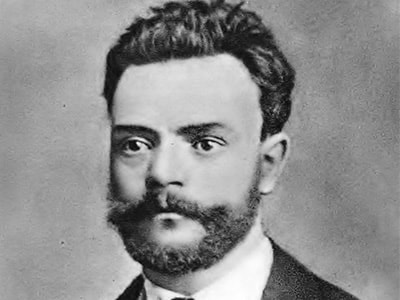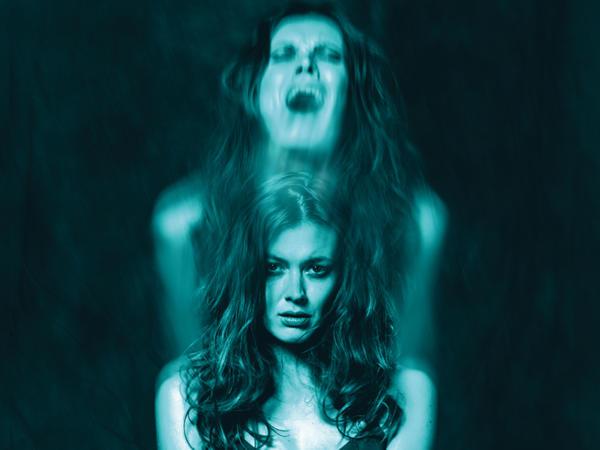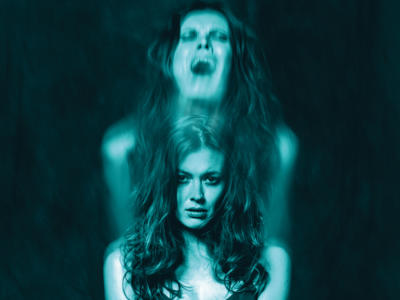
Antonín Dvořák
(born Nelahozeves, near Karlupy, Bohemia 8 September 1841; died Prague 1 May 1904)
With Smetana and Janacek, Dvořák is considered one of the greatest composers in what was to become Czechoslovakia.
While still better known as a composer of orchestral and chamber music – his Symphony No. 9 (‘From the New World’) is one of the most popular orchestral pieces in the repertoire – there was virtually no period in his career when he was not engaged in an operatic project of some kind. His eleven operas testify to his commitment to the genre. While his comic operas conform to the village comedies favoured by Smetana in works such as The Bartered Bride, none of Dvořák’s serious operas is based on mythological stories or episodes from Czech history.
Rusalka is Dvořák’s most successful opera and continues to be popular over a century after its premiere, but it is not typical of Czech operas of the late nineteenth century.
Dvořák's Musical Style
The comedy The Cunning Peasant of 1877 marked the beginning of the most intense period of operatic involvement for Dvořák. This opera has many similarities to The Bartered Bride and demonstrates Dvořák’s lightness of touch in handling comic ensembles. It was a major success and four more operas appeared over the next two decades, culminating in the ‘lyric fairy tale’ Rusalka, based on La Motte Fouqué’s Undine story.
Rusalka proved a major personal triumph for the composer: the libretto revealed a depth of characterisation which drew from Dvořák music of touching depth and honesty.
Despite its indebtedness to Wagner, the score has many lyrical passages among the well-drawn dramatic material, nowhere more so than in Rusalka’s celebrated ‘Song to the Moon’.
Dvořák's Life
Dvořák received a traditional musical upbringing and training. He was involved in opera from early in his career, playing viola in the orchestra of Prague’s newly formed Provisional Theatre for nine years beginning in 1862. Here he encountered a wide range of Italian and German repertoire, as well as increasingly French opera.
While Wagner was absent from the theatre’s repertoire, his music was a powerful influence on Dvořák, who studied scores and played some of the overtures and preludes, including Tristan and Isolde.
Dvořák's Music: Where to Start
Notable Operas
- The Jacobin, 1888
- The Devil and Kate, 1899



